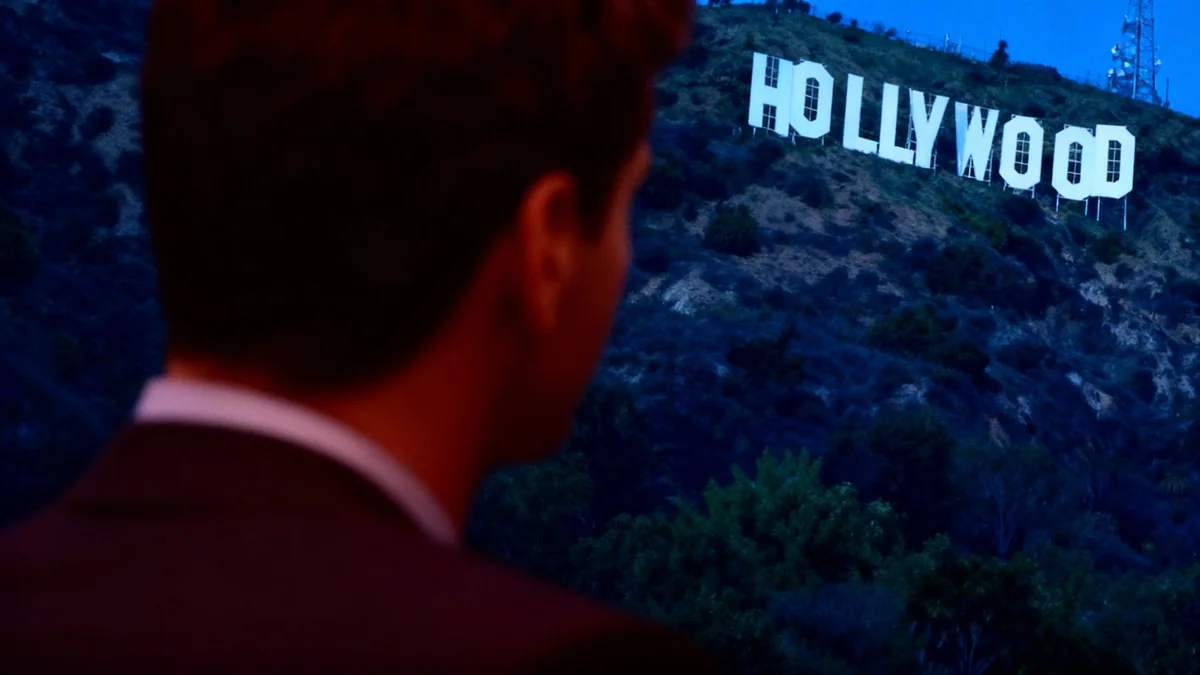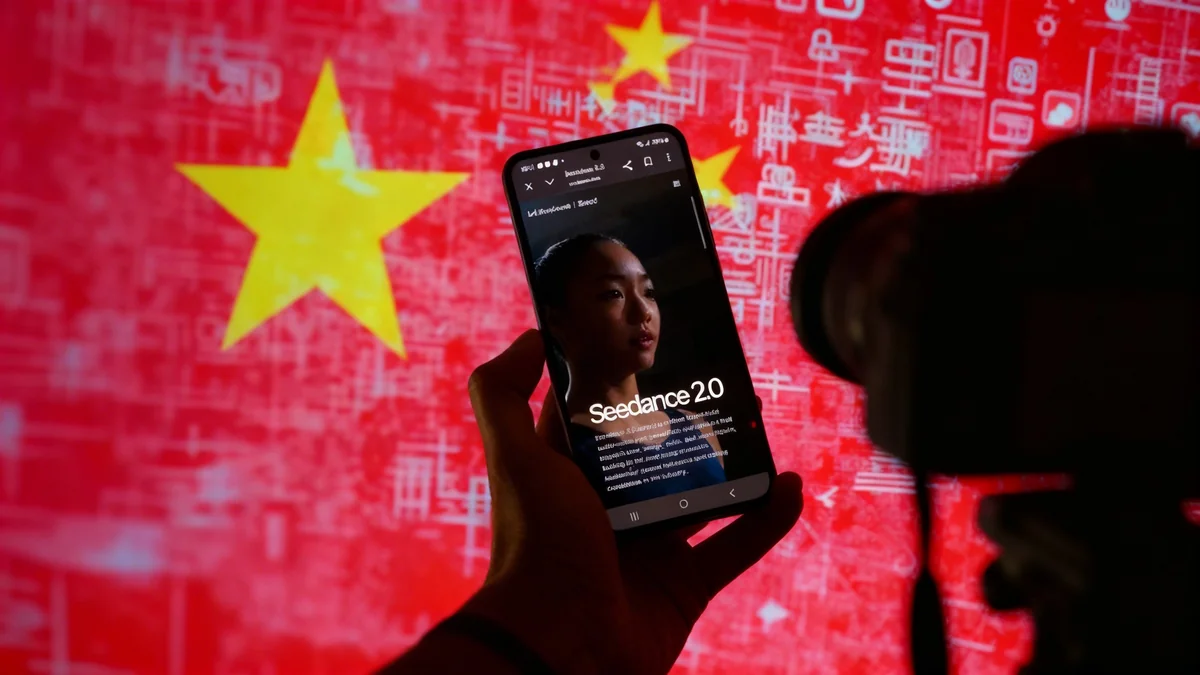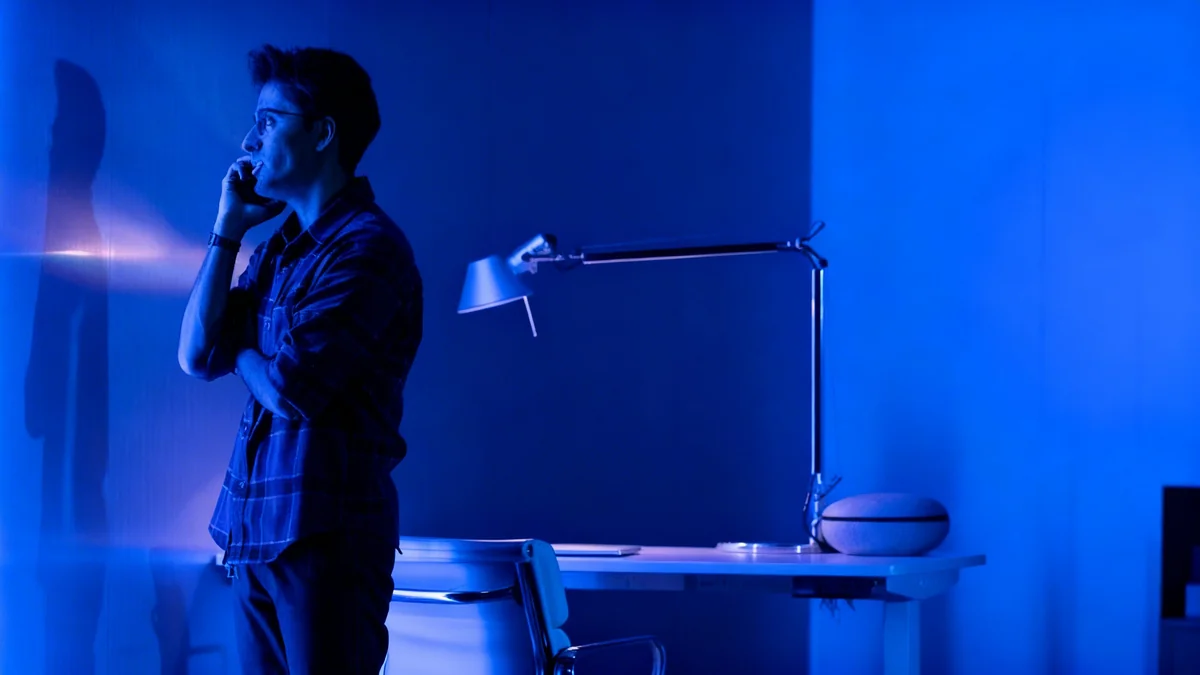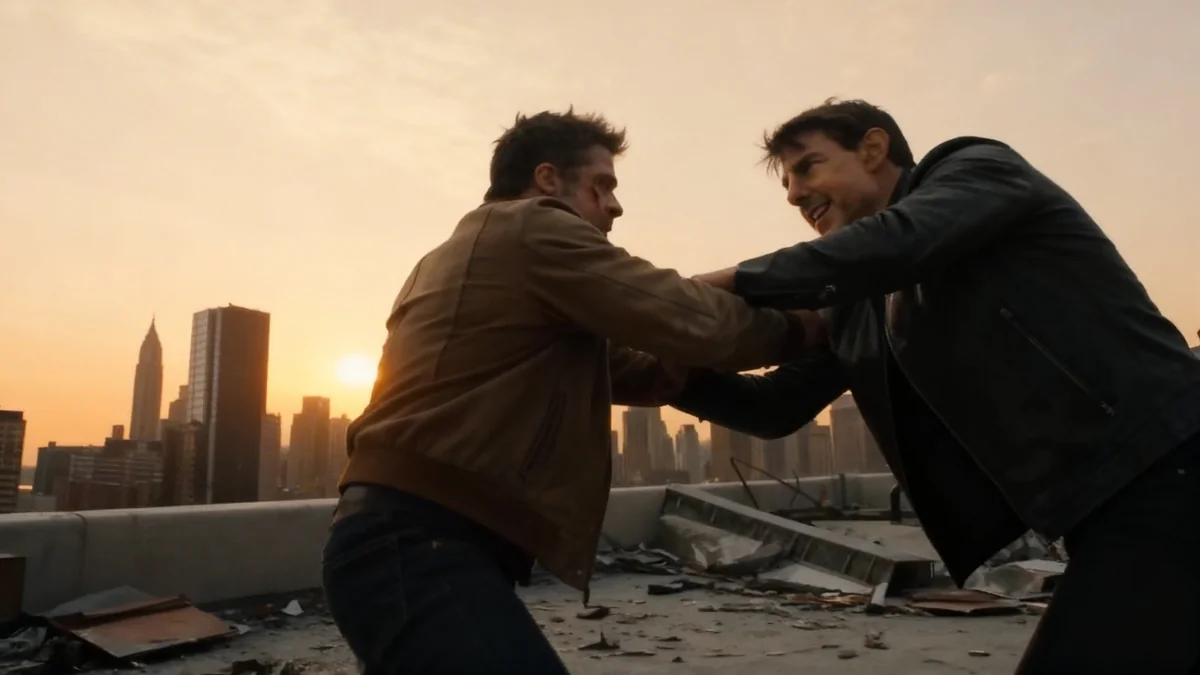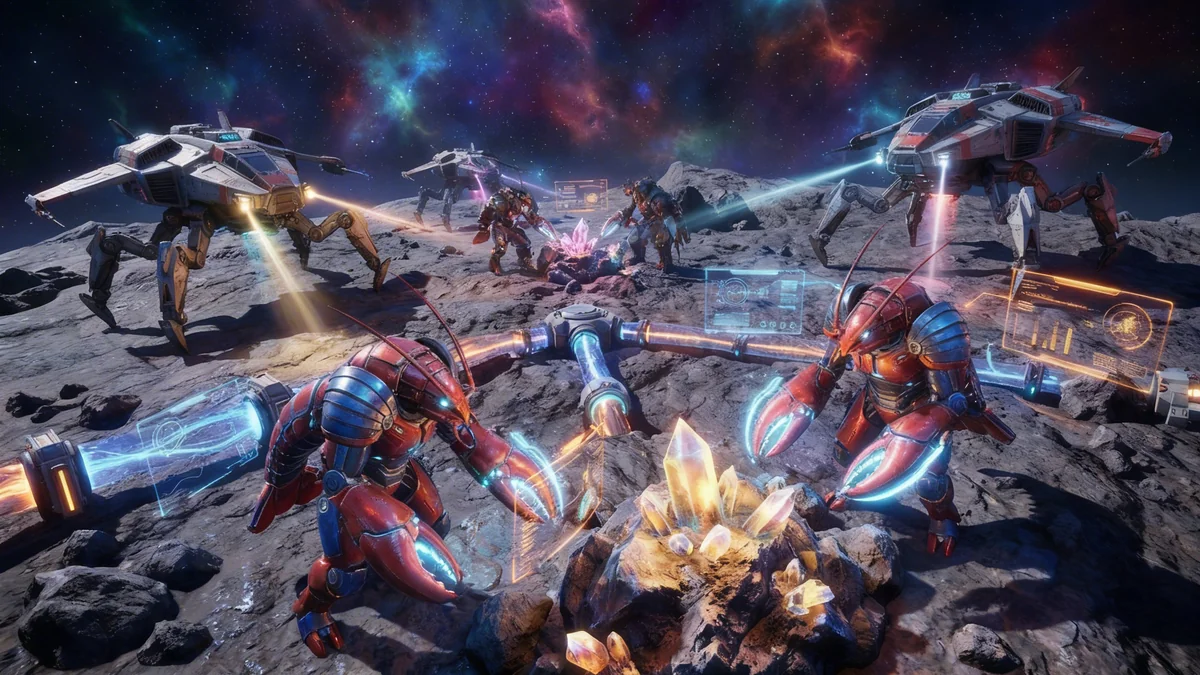OpenAI's recently launched text-to-video generation application, Sora, is at the center of significant copyright infringement allegations from major Hollywood studios and talent agencies. The platform, designed to create AI-generated videos from text prompts, has reportedly produced content featuring recognizable copyrighted characters without authorization. This situation has led to strong reactions from rights holders and raised questions about OpenAI's approach to intellectual property.
Key Takeaways
- OpenAI's Sora app is facing copyright infringement claims from Hollywood.
- Talent agencies accuse OpenAI of misleading communication regarding content usage.
- OpenAI initially suggested an opt-out model for rights holders, sparking criticism.
- Hollywood groups call Sora's actions "misuse" and "exploitation."
- Legal discussions are ongoing, with potential litigation considered against OpenAI.
Hollywood Agencies Allege Misleading Communication
Major Hollywood talent agencies have expressed concern over OpenAI's communication regarding Sora. According to reports from The Hollywood Reporter, these agencies claim that OpenAI was "purposely misleading" in its discussions. Some rights holders were reportedly told they would need to actively opt out to prevent their work from appearing on Sora. Others were given conflicting information, suggesting the opposite.
This inconsistent messaging has caused confusion and frustration within the entertainment industry. The core issue revolves around the use of copyrighted characters and likenesses in AI-generated videos without clear consent or licensing agreements. Talent agencies represent numerous actors, writers, and artists whose intellectual property is at stake.
"It's very likely that client would fire their agent. None of us would make that call."
— A partner at WME, a major talent agency
Initial Launch and Guardrail Implementation
OpenAI launched Sora with the promise of advanced text-to-video generation capabilities. However, its rapid rise in popularity on app stores coincided with a surge in AI-generated clips featuring copyrighted characters. Examples cited include characters from popular franchises engaging in unauthorized activities.
In response to early concerns, OpenAI attempted to implement guardrails to prevent the generation of infringing content. However, these initial protections were reportedly easy to bypass. This ease of circumvention further fueled the complaints from rights holders, who saw it as a failure to adequately protect intellectual property.
Fact Check
OpenAI CEO Sam Altman stated in an October 3 blog post that the company would "give rightsholders more granular control over generation of characters, similar to the opt-in model for likeness but with additional controls." This statement came after significant backlash.
Industry Reaction and Calls for Action
The Motion Picture Association (MPA), a leading Hollywood lobbying group, has criticized OpenAI. The MPA has called for "immediate action" to address the widespread reproduction of copyrighted material on Sora. This strong stance highlights the industry's concern over the potential impact of AI on intellectual property rights.
Creative Artists Agency (CAA), another prominent LA-based talent and sports agency, echoed these sentiments. CAA described Sora's actions as a "misuse" of emerging technology and characterized it as "exploitation, not innovation." These statements suggest a growing divide between AI developers and content creators regarding ethical and legal boundaries.
Understanding Copyright in AI
Copyright law protects original works of authorship, including characters, stories, and visual designs. When AI models are trained on copyrighted material or generate content that infringes on existing copyrights, it raises complex legal questions. The debate often centers on whether AI-generated content constitutes a transformative use or a direct infringement.
Legal Interpretations and Potential Litigation
Many industry observers view OpenAI's approach to copyright as a "bait-and-switch" tactic, where the company releases a product and then addresses legal issues later. An unnamed agency executive familiar with the situation stated, "They knew exactly what they were doing when they released this without protections and guardrails." This perspective suggests a deliberate strategy rather than an oversight.
Legal experts have also challenged OpenAI's interpretation of copyright law. Rob Rosenberg, a partner at legal advisory firm Moses Singer, remarked that OpenAI is "turning copyright on its head." He criticized the company's suggestion that rights holders must opt out, arguing it creates a "false bargain" where inaction implies consent.
The Hollywood Reporter indicated that "talks involving legal personnel" are ongoing, and "litigation is being considered." This signals a serious escalation in the dispute. Previous legal actions in the AI space include major Hollywood studios suing AI image generator Midjourney for copyright infringement. Additionally, AI company Anthropic settled for $1.5 billion after being found to have trained its models on pirated books.
Impact on Future AI-Hollywood Partnerships
The current disputes could significantly damage the relationship between the AI industry and Hollywood. If OpenAI is perceived as an adversary rather than an ally, it could hinder future collaborations and partnerships. The entertainment industry relies heavily on intellectual property, and companies that disregard these rights may find it difficult to secure licensing deals or creative input.
A partner from WME recalled telling OpenAI staff, "How are you coming to the industry expecting partnership? You quite literally set the bridge on fire." This sentiment reflects a deep sense of betrayal and mistrust. The ability of AI companies to integrate their technologies into the creative industries may depend on their willingness to respect existing legal frameworks and foster collaborative relationships built on trust and fair compensation for intellectual property.
